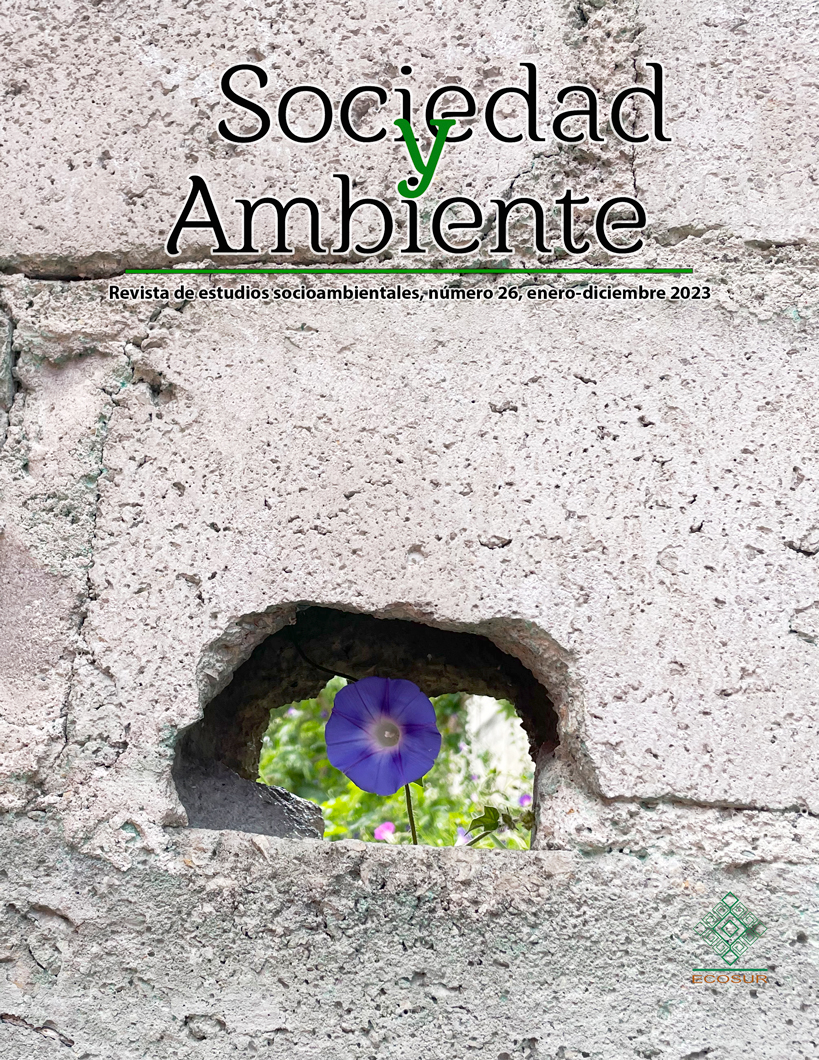Abstract
In this article, sustainable mobility is examined as a synergy against climate change with the potential to contribute to transforming the conditions that produce gender inequality and violence against women. To achieve this, two objectives were pursued: identifying the components characterizing sustainable mobility and developing proposals to incorporate a gender perspective into this paradigm. The analysis is based on a corpus comprised of scientific productions on the topic published from 2018 to 2022 and contributions from feminist political ecology and gender studies. It was found that gender is absent from the debate and design of sustainable mobility strategies, as it is not addressed in its key components (clean transportation, technological development, accessibility, practices, equity, and social participation). In this regard, actions are proposed through the following nodes: equitable patterns of access, use, and distribution; care mobility; women's participation; violence-free mobility. From this perspective, the gender perspective could serve as a unifying factor among the three sustainability principles in the field of mobility, preventing the issue from being reduced to a technical matter associated solely with clean transportation.

Sociedad y Ambiente by ECOSUR is licensed under a Creative Commons Reconocimiento-NoComercial-SinObraDerivada 2.5 México License


